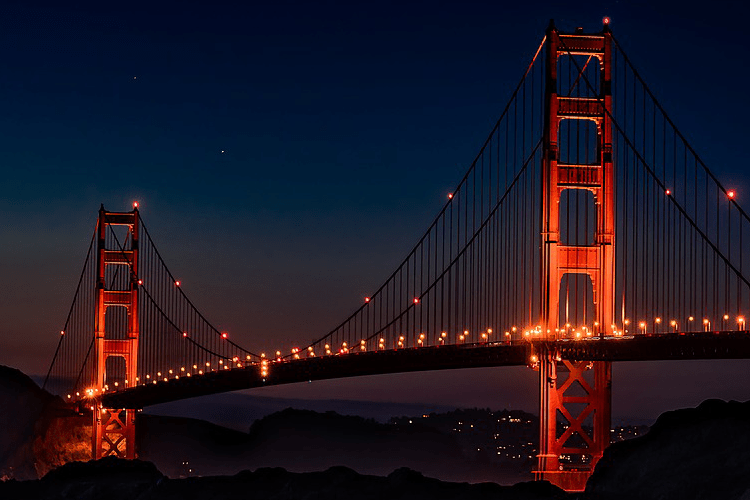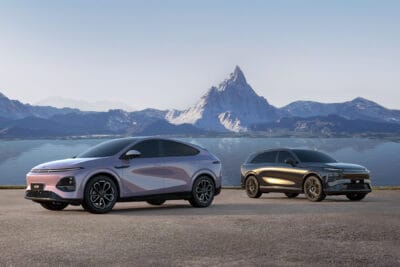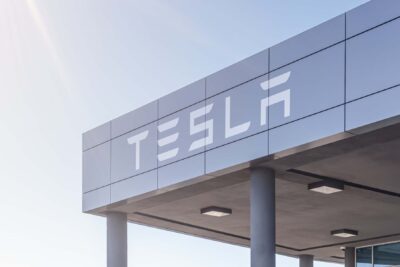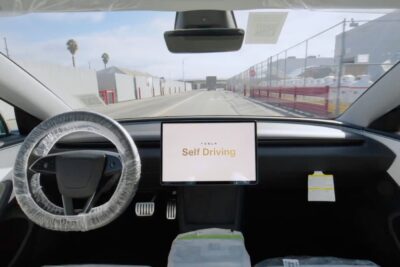US car makers make deal with CARB for CO2 reduction
While the Trump government is sticking to its plan to freeze emissions standards for passenger cars and light commercial vehicles at today’s levels until 2026, VW, BMW, Ford and Honda have now signed a framework agreement with the California Air Resources Board (CARB) to reduce emissions.
++ Kindly find all updates to this article below. ++
The voluntary agreement provides for annual emission reductions up to model year 2026 and is intended to accelerate the transition to electric vehicles. According to CARB, this means that the manufacturers involved in the voluntary agreement only want to sell cars in the USA that meet these standards.
California Governor Gavin Newsom said: “I now call on the rest of the auto industry to join us, and for the Trump administration to adopt this pragmatic compromise instead of pursuing its regressive rule change. It’s the right thing for our economy, our people and our planet.”
California’s program aims to make gasoline and diesel vehicles cleaner by 2026 – but not as stringently as Barack Obama’s government had intended. According to the previous administration’s plans, greenhouse gas emissions should decrease by 4.7% over four years, and the current framework provides for 3.7% over five years. In addition to the lower emissions, manufacturers are also committed to supporting the transition to electric cars. But the regulators must also take action: They simplify the requirements so that carmakers have an incentive to install energy-saving technologies, such as better aerodynamics or more efficient air conditioning systems. As part of cooperation agreements, 13 other states are also adopting Californian standards – so the decision will have an impact beyond the state’s borders.
CARB is also satisfied. “This agreement represents a feasible and acceptable path to accomplishing the goals of California and the automobile industry,” said Mary Nichols, Chair of the California Air Resources Board. “If the White House does not agree, we will move forward with our current standards but work with individual carmakers to implement these principles.
In December last year, under the watchful eye of CARB California has become the first state to mandate a full shift to electric buses on public transit routes. Starting in 2029, mass transit agencies in California will only be allowed to buy buses that are fully electric.
Trump’s planned freezing of emissions limits has met with increasing resistance from many governors and mayors, automotive companies, workers, consumer groups, public health organizations and environmental organisations. Earlier this month, a cross-party coalition of 24 governors representing more than half the U.S. population came together to call for a stronger national standard for clean cars.
Just last month Canada and California signed a Memorandum of Understanding to jointly promote cleaner vehicles, which includes accelerating the uptake of electric cars. And less than two weeks ago, the City of San Francisco announced its plans for zero-emission transport.
Update 30.10.2019: A number of other automakers including General Motors, Fiat Chrysler and Toyota have closed ranks with the Trump administration. As is well known, the government wants to deprive California of the right to establish its own (stricter) environmental rules and regulations. The car manufacturers have now announced that, unlike VW, BMW, Ford and Honda, they do not want to go against the government’s decision.
Tom Carper, the top Democrat on the Committee on the Environment, had some harsher words for the automakers: “Instead of choosing the responsible path forged by four automakers and the state of California, one that will move us toward the cleaner, alternative fuel vehicles of the future, these companies have chosen to head down a dead-end road.”
Update 7 April 2020: Reuters reported that this week, Swedish vehicle-maker Volvo owned by Chinese vehicle giant Geely confirmed they were in talks with California to reach a voluntary emissions agreement. Volvo said a deal with California “will serve as a national path forward.”
Update 18 August 2020: The Californian environmental authority CARB has now concluded five individual agreements with car manufacturers for voluntary CO2 reduction in the US state.
The agreements with BMW of North America (incl. Rolls Royce), Ford, Honda, Volkswagen Group of America (incl. VW and Audi) and Volvo are based on the framework agreement concluded last year. Overall, the deal gives carmakers an extra year to reach Obama-era greenhouse gas emissions targets. This means that yearly requirements to cut emissions will drop from roughly 4.7 per cent per year to about 3.7 per cent.
The 13 other states that had previously adopted California’s standards for cleaner vehicles have notified every automaker participating in the California Framework Agreement in writing that they too will support the agreements.
“By setting these long-term, predictable, and achievable standards, we have the regulatory certainty that is necessary for long-term planning that will not only reduce greenhouse gas emissions but ultimately benefit consumers as well,” Phil DiIanni, a spokesperson for BMW Group, said in an email.
arb.ca.gov, reuters.com, electrek.co, reuters.com (update 7 April 2020), calmatters.org, arb.ca.gov (both update 18 August 2020)





0 Comments